How Much Do Ppc Ads Cost?
Are you curious about how much PPC ads cost? Well, you’ve come to the right place! PPC ads, which stands for pay-per-click ads, are a popular form of online advertising. In this article, we’ll explore the cost of PPC ads and help you understand how it all works. So, let’s dive in and uncover the secrets of PPC ad pricing!
You might be wondering, how much do PPC ads really cost? The truth is, the cost of PPC ads can vary depending on several factors. Things like your target audience, industry, and the competitiveness of keywords all play a role in determining the price. But don’t worry, we’ll break it down for you in a way that’s easy to understand.
So, how do you calculate the price of a PPC ad? Well, it’s a bit like an auction. Advertisers bid on keywords, and the highest bidders get their ads shown to users. The cost per click is determined by the bidding competition and your quality score, which is based on factors like ad relevance and landing page quality. This means that if you want to lower your costs, you need to optimize your ads and make them as relevant as possible.
Now that you have a basic understanding of how PPC ads are priced, you’re ready to start exploring this exciting world of online advertising. So, let’s roll up our sleeves and dive deeper into the world of PPC ads and their costs! Get ready to make your online presence shine with effective PPC campaigns!
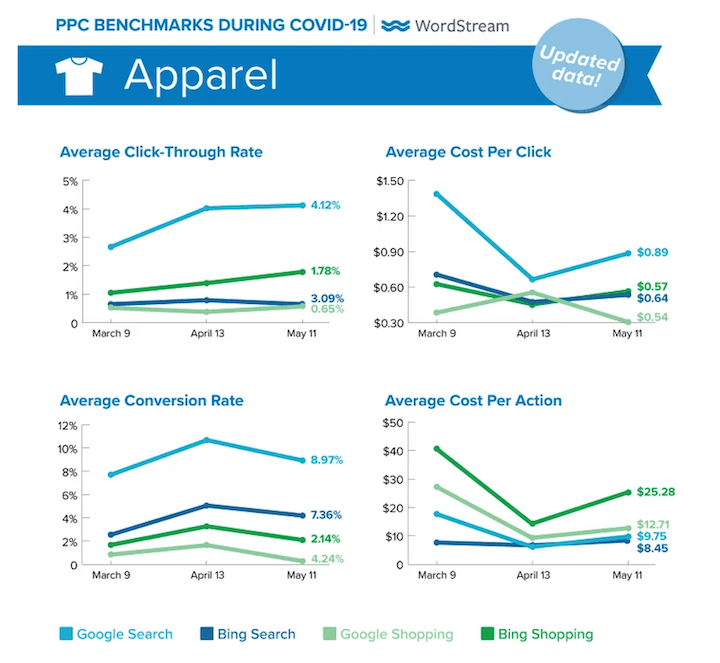
How Much Do PPC Ads Cost?
Pay-per-click (PPC) advertising has become an integral part of marketing strategies for businesses of all sizes. It offers a targeted and measurable way to reach potential customers and drive meaningful traffic to websites. However, before diving into PPC advertising, it is crucial to understand the costs involved. In this article, we will delve into the factors that determine the cost of PPC ads and provide valuable insights to help you make informed decisions for your marketing campaigns.
1. Advertiser Budgets: Determining Your Spend
One of the key factors that determines the cost of PPC ads is the advertiser’s budget. When setting up a PPC campaign, advertisers have the flexibility to allocate a daily or monthly budget based on their overall marketing objectives and financial capabilities. The larger the budget, the more potential traffic and exposure your ads can generate.
While it may be tempting to pour all your resources into PPC advertising, it is essential to strike a balance between your budget and expected returns. Conduct thorough research on industry benchmarks and competitor advertising spend to get an idea of what is reasonable for your business. Additionally, track your campaign’s performance regularly and make adjustments to optimize your budget allocation for maximum results.
Remember, PPC advertising is an ongoing investment, and it’s crucial to have a sustainable budget that aligns with your long-term marketing goals.
2. Keyword Competition: Understanding Bid Auctions
In the world of PPC advertising, keywords play a significant role in determining the cost of ads. Certain keywords or phrases are more popular and competitive than others, leading to higher bids in the PPC auction. The concept behind bid auctions is simple: advertisers bid on specific keywords, and the highest bidder gets their ad displayed in relevant search engine results.
However, bid auctions don’t solely rely on the highest bid. Search engines also take into account the relevance and quality of the ad and landing page, known as ad rank. The higher your ad rank, the better your position in search engine results.
To optimize your PPC ad costs, conduct thorough keyword research and select a mix of high and low competition keywords that align with your target audience and campaign objectives. Additionally, constantly monitor and refine your keyword strategy to stay ahead of the competition and drive qualified traffic to your website.
3. Quality Score: The Impact of Ad Relevance and User Experience
While bidding on keywords is crucial, another factor that determines the cost of PPC ads is the quality score assigned by search engines. Quality score is a metric used to measure the relevance and user experience of your ad and landing page. It takes into account factors such as click-through rates, ad copy, landing page experience, and historical performance.
A higher quality score not only improves ad rankings but also reduces the cost per click (CPC) for your ads. Search engines reward advertisers who provide relevant and engaging content to users, as it enhances the overall user experience and increases the likelihood of conversions.
To improve your quality score, focus on creating compelling ad copy that resonates with your target audience and ensures that your landing page delivers on the promises made in the ad. Additionally, regularly test and optimize your ad elements to maintain a high-quality score and minimize your PPC ad costs.
4. Ad Format and Placement: Considering Different Ad Types
PPC advertising offers various ad formats and placements, each with its own costs and benefits. The ad formats range from text-based ads to display ads, video ads, and even shopping ads. Ad placements can include search engine results pages, social media platforms, partner websites, and mobile apps.
Depending on your target audience and marketing objectives, certain ad formats and placements may be more effective and costly than others. For instance, display ads tend to have lower click-through rates but can offer broad reach and brand exposure. On the other hand, search ads typically have higher click-through rates but may come at a higher CPC.
Take the time to understand your target audience’s browsing habits and preferences to choose the right ad formats and placements that maximize your return on investment (ROI) while staying within your budget constraints.
5. Geographic Targeting: Tailoring Ads to Specific Locations
When running a PPC campaign, it is essential to consider geographic targeting. Geotargeting allows advertisers to display their ads to users in specific regions, cities, or even neighborhoods. This level of targeting ensures that your ads are reaching the right audience and minimizes the waste of ad spend on irrelevant clicks.
However, the cost of PPC ads can vary depending on the geographic location you are targeting. Highly populated and competitive areas often have higher CPCs compared to smaller, less saturated markets. Consider your target audience’s location and the competition in those areas to determine the most cost-effective approach.
Moreover, geotargeting can be particularly beneficial for local businesses, as it allows them to focus their advertising efforts on potential customers within their service area. By combining geotargeting with other targeting options, such as demographics or interests, you can further refine your audience and optimize your PPC ad costs.
6. Ad Scheduling: Strategically Timing Your Ads
Timing is everything in PPC advertising. Ad scheduling allows advertisers to choose specific days and times to display their ads. This feature is particularly useful for businesses with limited budgets looking to maximize exposure during peak hours or high-converting periods.
Take the time to understand your target audience’s behavior and analyze historical campaign data to determine the best times to run your ads. By strategically scheduling your ads, you can improve their visibility and ensure that your budget is utilized efficiently by reaching your audience during the most impactful moments.
Keep in mind that the cost of PPC ads can vary depending on the demand during specific time slots. If certain periods are highly competitive, you may need to set higher bids to secure prominent ad placements.
Additional Considerations: Tips for Maximizing PPC ROI
7. Ad Copy and Landing Page Optimization
Writing compelling ad copy and optimizing your landing pages are crucial steps in maximizing the ROI of your PPC campaigns. Craft engaging headlines and descriptions that entice users to click on your ads, and make sure your landing pages provide a seamless and relevant user experience.
Use strong call-to-action statements, incorporate relevant keywords, and optimize loading speed and mobile responsiveness to increase conversions and decrease bounce rates. Regularly A/B test ad variations and landing page elements to identify the most effective combination.
8. Tracking and Analytics
Effective tracking and analytics are essential for understanding the performance of your PPC campaigns. Utilize conversion tracking tools such as Google Analytics to monitor key metrics like click-through rates, conversion rates, and cost per conversion.
By analyzing this data, you can identify areas of improvement, optimize your campaigns, and reallocate your budget to top-performing keywords and demographics. Regularly review your campaign’s performance to ensure you are getting the most out of your PPC ad spend.
9. Continuous Optimization
PPC advertising is not a one-time setup process; it requires ongoing optimization and refinement. Regularly review and update your keyword strategy, ad copy, and targeting parameters to stay ahead of the competition and adapt to changing market trends.
Explore additional targeting options, such as demographic targeting, remarketing, or similar audiences, to further refine your campaigns and maximize their effectiveness. With continuous optimization, you can improve your ROI and keep your PPC ad costs under control.
In summary, the cost of PPC ads is influenced by various factors such as advertiser budgets, keyword competition, quality scores, ad formats and placements, geographic targeting, and ad scheduling. By understanding these factors and implementing the tips mentioned above, you can make informed decisions and optimize your PPC advertising to maximize your return on investment. Remember to regularly monitor and refine your campaigns to stay ahead of the competition and ensure long-term success in the ever-evolving world of PPC advertising.
Key Takeaways: How Much Do PPC Ads Cost?
- PPC ads cost can vary widely depending on many factors such as the industry, competition, and keywords.
- On average, businesses spend around $1 to $2 for each click on a PPC ad.
- Setting a daily budget is an effective way to control and manage your PPC ad costs.
- Certain keywords can be more expensive than others, so thorough keyword research is crucial for cost-effective PPC campaigns.
- PPC ad costs can also be influenced by ad quality, click-through rates, and landing page optimization.
Frequently Asked Questions
Looking to find out how much PPC ads cost? Check out these commonly asked questions.
1. What factors can impact the cost of PPC ads?
The cost of PPC ads can be influenced by several factors. One major factor is the competitiveness of the keywords you’re targeting. If many advertisers are bidding for the same keywords, it can drive up the cost per click. The quality and relevance of your ads and landing pages can also affect costs. Ads that are more engaging and have a higher click-through rate may lead to lower costs.
The type of target audience you choose can also play a role. For example, targeting a specific demographic or location might affect the cost of your ads. Additionally, the industry you’re in can impact costs. Industries with higher profit margins tend to have more competition and higher PPC costs.
2. How does the bidding process work for PPC ads?
When it comes to PPC ads, the bidding process determines how much you are willing to pay for each click on your ad. Advertisers bid on specific keywords, and the highest bidders get their ads displayed in relevant search results or websites. The bidding process can be automated or manual, depending on the advertising platform you’re using.
Automated bidding strategies, like target CPA or target ROAS, allow the platform to automatically adjust your bids based on your performance goals. Manual bidding, on the other hand, gives you full control over your bids. You can set the maximum amount you’re willing to pay for a click, and the platform will try to get you the best results within that budget.
3. Is there a minimum budget required for PPC ads?
There is no fixed minimum budget for PPC ads. The cost of running PPC ads can vary greatly depending on your goals, industry, and competition. Some businesses start with a small budget to test the waters and gradually increase it as they see results. It’s important to remember that the more competitive your industry is, the higher your budget may need to be to see meaningful results.
Setting a budget that aligns with your goals and testing different strategies can help you determine the right budget for your PPC ad campaign. Some advertising platforms may have their own recommended minimum spending thresholds, so it’s worth checking those guidelines as well.
4. Can I control how much I spend on PPC ads?
Absolutely! One of the advantages of PPC advertising is that you have control over your spending. Most advertising platforms allow you to set a daily or monthly budget, ensuring that you don’t exceed a certain amount. You can also control how much you bid for each click, which directly impacts the cost of your ads.
If you find that your ads are spending too quickly or not performing as desired, you can adjust your bidding strategy or budget accordingly. Regular monitoring and optimization of your PPC ad campaigns can help you stay within your budget while achieving your advertising goals.
5. Are PPC ads worth the cost?
PPC ads can be a valuable investment for businesses when implemented effectively. They offer the potential to reach a targeted audience and drive traffic to your website or landing pages. The cost of PPC ads can be justified when the return on investment (ROI) outweighs the expenses.
Measuring the success of PPC ads involves analyzing metrics such as click-through rate, conversion rate, and cost per acquisition. By continuously monitoring and optimizing your campaigns, you can maximize the value you get from your PPC ad spend. It’s important to consider your specific business objectives, competition, and target audience when evaluating the worth of PPC ads for your business.
How Much Do Google Ads Cost? 2023 Price Guide (New Info)
Summary
Paying for PPC ads can be a bit tricky, but here’s what you need to know. PPC ads cost money, and the price varies depending on factors like competition and target audience. It’s important to set a budget and monitor your ads to make sure you’re getting the best value for your money. Be strategic, track your results, and make adjustments as needed to get the most out of your PPC ads. Remember, it’s all about reaching the right people at the right time with the right message.
Ultimately, the cost of PPC ads is determined by how you use them. You have control over your budget and can track your ad performance to ensure you’re getting a good return on investment. Take the time to research and plan your PPC strategy, and you’ll be on your way to reaching your advertising goals.
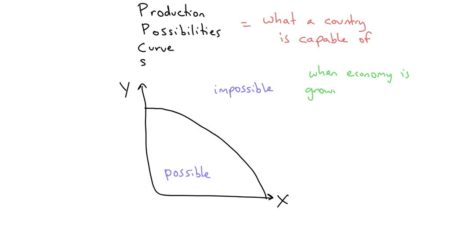
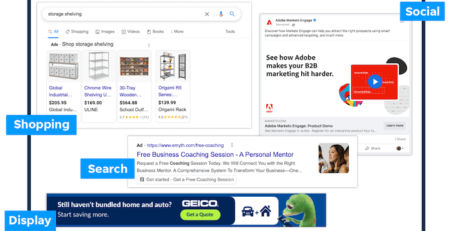
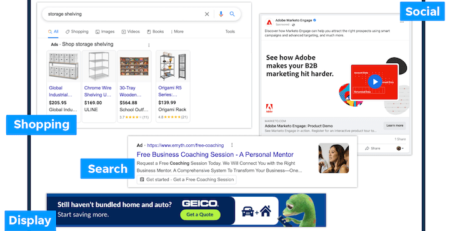
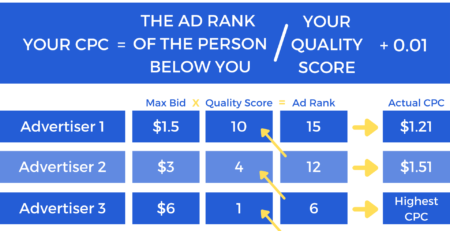
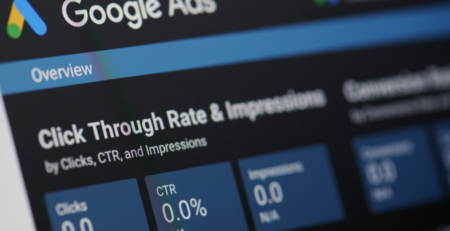
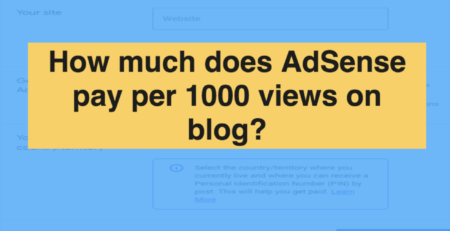
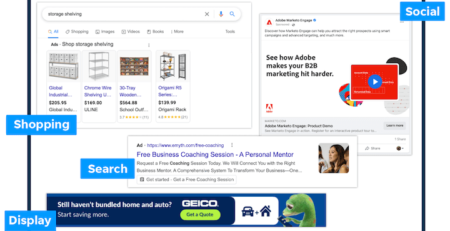
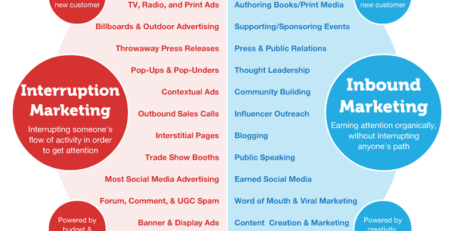
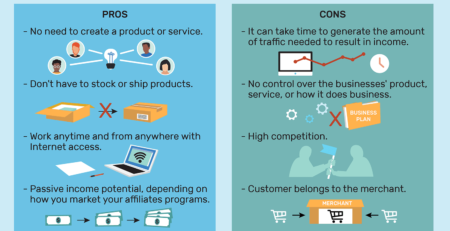
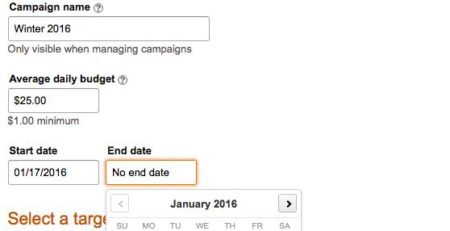
Leave a Reply